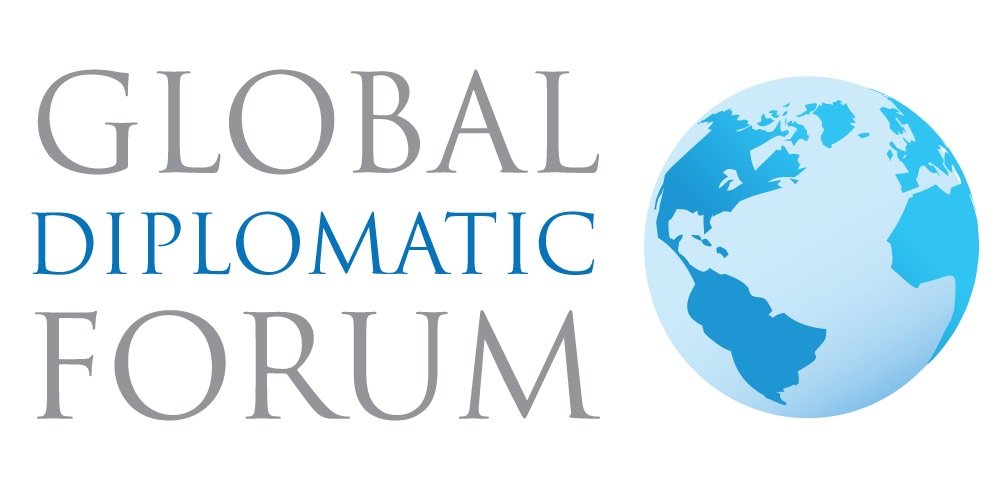The Expanding War in the Middle East: A Looming Crisis for Europe
The ongoing conflicts in the Middle East, particularly in Palestine, Lebanon, Yemen, Syria, and Iraq, are reverberating across Europe in profound and multifaceted ways. This article explores the potential repercussions of these conflicts on European security, economy, and geopolitical dynamics.
Increase in Refugees
The ongoing instability in the Middle East is likely to lead to a significant increase in the number of refugees seeking asylum in Europe. As violence escalates, populations in Palestine, Lebanon, Yemen, Syria, and Iraq may be forced to flee their homes, overwhelming Europe’s already strained asylum systems. This influx could exacerbate existing social tensions and challenge European governments to balance humanitarian responsibilities with national security concerns.
Security Threats and Terrorism
The association of European arms supplies to Israel with high civilian casualties in the Middle East may fuel resentment and anger, potentially leading to increased terrorist activities. Groups with anti-Western agendas might leverage these sentiments to justify attacks within Europe, posing a serious threat to public safety. The rise in radicalization and homegrown terrorism could strain European security resources and prompt governments to adopt more stringent counter-terrorism measures.
Military Alliances in the Region
The war has the potential to solidify military alliances between nations like Iran and Russia. This coalition could lead to an increased supply of arms and military support to groups opposing Western interests, destabilising the region further. For Europe, this development might necessitate a reevaluation of its foreign policy, as the threat from a more militarised and coordinated opposition in the Middle East becomes apparent.
Energy Crisis
The Middle East is a critical hub for global energy supplies. Ongoing conflicts can lead to disruptions in oil and gas shipments, driving up prices and creating an energy crisis in Europe. As countries grapple with rising energy costs, economic stability could be jeopardised, further straining public services and intensifying political debates surrounding energy independence and sustainability.
Shift Towards Alternative Global Partners
The perception of double standards in how European nations respond to conflicts in the Middle East may push countries in the Global South toward alternative partnerships with powers like China, Russia, and BRICS nations. This shift could reshape global alliances and trade relationships, diminishing Europe’s influence in international affairs and increasing competition for resources and political leverage.
Overstretch of American Military Support
The United States has been a key ally of many European nations, particularly in defence matters. However, overstretching American military support due to its commitments in the Middle East could decrease assistance for Ukraine and other areas where European security is at risk. This situation may compel European nations to reconsider their defence strategies and increase their military spending to compensate for potential gaps in American support.
The impacts of the ongoing conflicts in the Middle East are complex and multifaceted, affecting Europe in various critical ways. From increased refugee flows and security threats to energy crises and shifting geopolitical alliances, the challenges ahead will require coordinated and proactive responses from European nations. The interconnectedness of global politics means that the war in the Middle East is not just a regional issue but one that will shape the future of Europe and its role in the world. As these dynamics unfold, the need for comprehensive strategies to address both immediate and long-term consequences becomes ever more urgent
